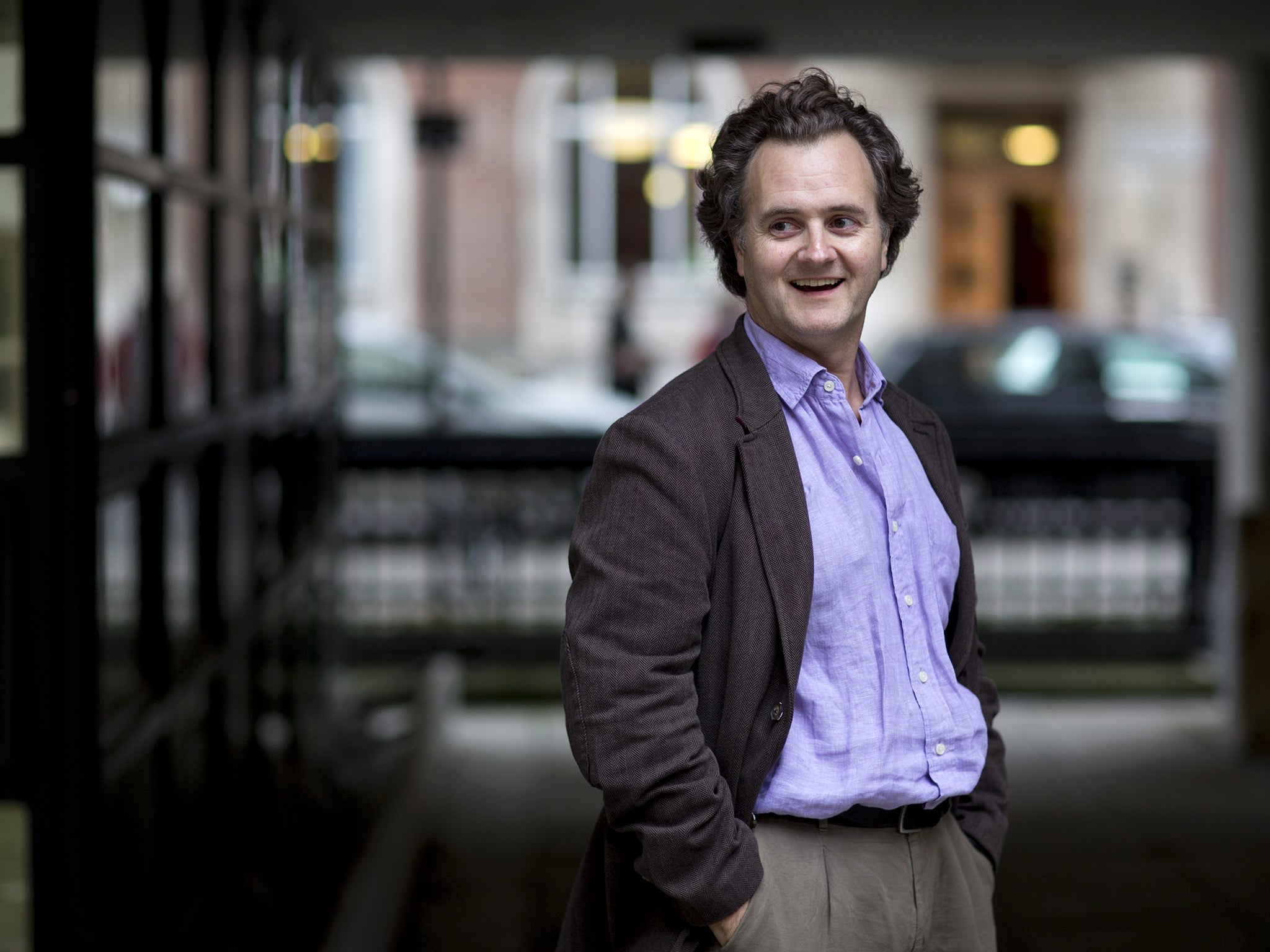Too few working-class parts on mainstream TV, says arts academy head
Edward Kemp says middle-class roles are so dominant that students are taught to act more posh

Middle-class roles so dominate British theatre and television that drama schools are training working-class stars to act more posh, according to the director of Royal Academy of Dramatic Art (Rada).
Edward Kemp hit back at claims that talented young people from deprived backgrounds were missing out on the best stage training - saying that the real problem was the lack of working class parts on mainstream television.
Viewers do not realise that Rada graduates such as Ben Whishaw and Gemma Arterton are not from privileged backgrounds because “we’ve trained them” to play the middle class characters that are favoured by directors, he told The Independent.
“We train people to transform,” Mr Kemp said. “Some of the actors that people think of as middle class aren’t. Ben is not middle class, nor is Gemma. The fact they can take those roles is because we’ve trained them to do it.”
Mr Kemp, director of Rada since 2007, blamed television drama commissioners for largely focusing on programmes with middle class roles, saying the actors were “victims of what people choose to put on our TVs”.
The long-running debate around elite dominance of the acting profession was triggered again this month by Dame Judi Dench and David Morrissey, who warned that working class talent was being lost because drama schools were too expensive.
Public school-educated actors including Benedict Cumberbatch, Tom Hiddleston and Eddie Redmayne currently secure many of the best stage and screen parts.
Mr Kemp responded: “We’re sometimes the victim of our own success, and a lot of actors will go to where the work is, which is largely middle-class roles. It would be great to have another working class drama but where are those stories being told? They’re not; it’s shows with dragons or people in tweed suits on bicycles.”
Around 36 per cent of last year’s intake of students at Rada came from families earning less than £25,000, he added. Despite charging £9,000 a year fees in line with other higher education institutions, the proportion of working class applicants to the academy grown since the turn of the century.
“There is absolutely no evidence that people from poor backgrounds aren’t coming to drama school,” Mr Kemp said.
Wishaw, who has starred in films including Skyfall and Bright Star, grew up in a Bedfordshire town the son of a former footballer-turned-IT specialist and cosmetic counter worker. He graduated from Rada in 2003.
Arterton, from Gravesend whose father is a welder and mother a cleaner. She graduated from Rada in 2008 and went on to star in films including St Trinian’s and Tamara Drewe.
But Mr Kemp conceded there was an issue surrounding cultural opportunities for working class children. “At the top end the private school kid unquestionably has huge advantages on finding out about this stuff, having access to plays and amazing theatres as well as good teaching,” he said.
“A kid in a struggling state school in a rural region with a head teacher focused on academic subjects rather than culture… this is a problem. The chances in the last few years because of youth theatres closing and regional theatres doing less work means this is getting harder and harder.”
The roles for black, Asian, minority ethnic (BAME) actors on screen also “hasn’t progressed much in 20 years,” the Rada director said.
Actors including David Harewood have spoken out about the lack of opportunities for black actors in the UK. Mr Kemp agreed: “I don’t switch on the TV and see wall-to-wall opportunities for black actors, or Asian actors that aren’t playing roles related to terrorism.”
A more positive recent trend, Mr Kemp said, has been for female theatre makers to “deal with the lack of opportunities for women by creating them. By writing stuff they can perform.”
Among those he hailed were actress and writer Michelle Terry, the co-creator of The Café; Phoebe Waller Bridge, who wrote and performed the play Fleabag.
Rada enrols 14 men and 14 women each year, chosen from 3,500 applicants. “We could set it on how the acting world is perceived which is what most schools do. If we did it based on application we would take slightly more women,” Mr Kemp said.
Subscribe to Independent Premium to bookmark this article
Want to bookmark your favourite articles and stories to read or reference later? Start your Independent Premium subscription today.

Join our commenting forum
Join thought-provoking conversations, follow other Independent readers and see their replies